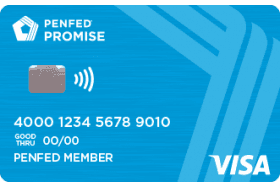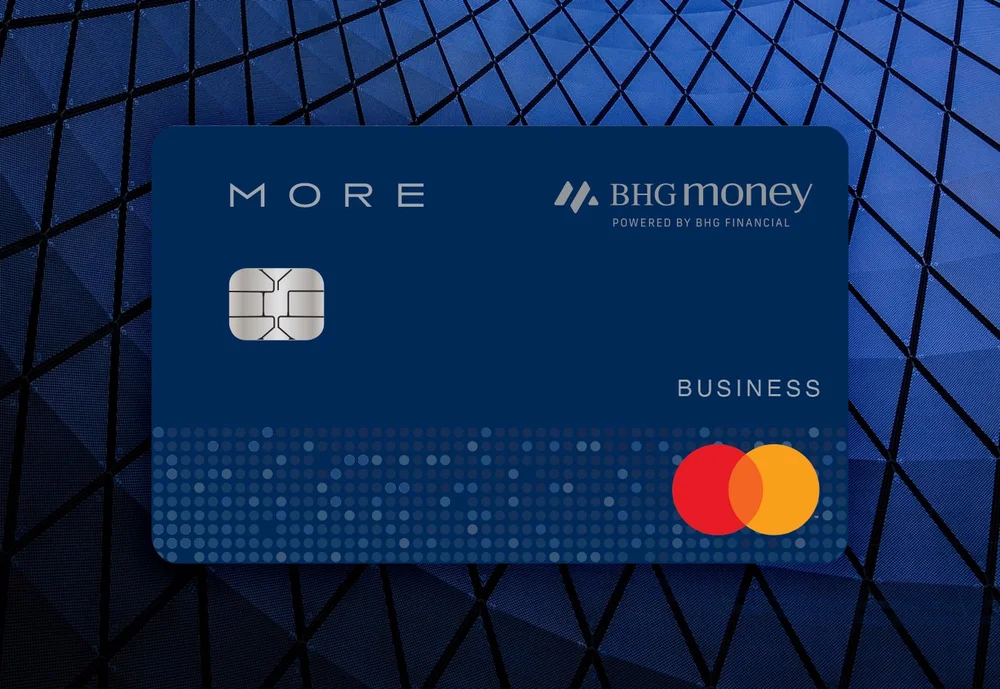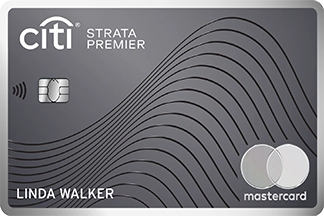- myFICO® Forums
- FICO Scoring and Other Credit Topics
- Understanding FICO® Scoring
- Re: Noob ? about payment reporting
- Subscribe to RSS Feed
- Mark Topic as New
- Mark Topic as Read
- Float this Topic for Current User
- Bookmark
- Subscribe
- Mute
- Printer Friendly Page
Noob ? about payment reporting
Is your credit card giving you the perks you want?
Browse credit cards from a variety of issuers to see if there's a better card for you.
- Mark as New
- Bookmark
- Subscribe
- Mute
- Subscribe to RSS Feed
- Permalink
- Report Inappropriate Content
Noob ? about payment reporting
Let's say I have a balance that reported of 1500. If in between the statement closing dates I make a payment of 1500, charge another 300, then pay that off before the date will both payments get reported for the month?

TU - 785
EX - 771
EQ - 779

Citi premier 13
CSP 29
X1 33.5k
/CIU 6k
- Mark as New
- Bookmark
- Subscribe
- Mute
- Subscribe to RSS Feed
- Permalink
- Report Inappropriate Content
Re: Noob ? about payment reporting
@snickerpedia wrote:Let's say I have a balance that reported of 1500. If in between the statement closing dates I make a payment of 1500, charge another 300, then pay that off before the date will both payments get reported for the month?
The payments don't get reported. Only the balance as of the reporting date -- which is usually the statement date -- gets reported.































Total revolving limits 568220 (504020 reporting) FICO 8: EQ 689 TU 691 EX 682
- Mark as New
- Bookmark
- Subscribe
- Mute
- Subscribe to RSS Feed
- Permalink
- Report Inappropriate Content
Re: Noob ? about payment reporting
Neither payment gets reported?

TU - 785
EX - 771
EQ - 779

Citi premier 13
CSP 29
X1 33.5k
/CIU 6k
- Mark as New
- Bookmark
- Subscribe
- Mute
- Subscribe to RSS Feed
- Permalink
- Report Inappropriate Content
Re: Noob ? about payment reporting
@snickerpedia wrote:Neither payment gets reported?
No. What gets reported is the balance, not the payment.
The only thing mentioned in terms of payment is "paid as agreed".
So if your lender reports the statement balance, in the example you gave the balance would be zero. Because all the charges were paid off before the reporting date.































Total revolving limits 568220 (504020 reporting) FICO 8: EQ 689 TU 691 EX 682
- Mark as New
- Bookmark
- Subscribe
- Mute
- Subscribe to RSS Feed
- Permalink
- Report Inappropriate Content
Re: Noob ? about payment reporting
The issuer of the card will see both payments, but the credit bureaus will see only the balance as of the statement cut date.
Amex Cash Magnet: 24.4k
Fidelity Visa: 21.5k
Apple Card: 13k
CapOne Venture X: 10k
- Mark as New
- Bookmark
- Subscribe
- Mute
- Subscribe to RSS Feed
- Permalink
- Report Inappropriate Content
Re: Noob ? about payment reporting
@snickerpedia wrote:Let's say I have a balance that reported of 1500. If in between the statement closing dates I make a payment of 1500, charge another 300, then pay that off before the date will both payments get reported for the month?
It's possible that the last payment made - the $300 in this case - will show up under 'Recent Payment' or 'Payment Received' on your full credit report obtained directly from the bureaus (like annualcreditreport.com).
It's also possible that TransUnion might record the exact date of the last payment made, like you can see on my full report from TU below.
This seems dependent on the card issuer from what others have posted here. I can tell you that at least TU tracks the amount received and date of last payment on both my credit union issued Mastercard (PSCU is the processor) and Citi Costco Visa card. They also keep track of utilization, high balance, and credit limit month by month.

- Mark as New
- Bookmark
- Subscribe
- Mute
- Subscribe to RSS Feed
- Permalink
- Report Inappropriate Content
Re: Noob ? about payment reporting
And as CassieCard reports, some CCC’s report payment information, as well. Not all CCCs do.
- Mark as New
- Bookmark
- Subscribe
- Mute
- Subscribe to RSS Feed
- Permalink
- Report Inappropriate Content
Re: Noob ? about payment reporting
As a general rule, Statement Close date is also Reporting date. The only exceptions, in my experience, are U.S. Bank and Elan Financial Services(a wholly-owned subsidiary of U.S. Bank); they both report account balances on the last business day of the month which doesn't necessarily coincide with the Statement Close date.
- Mark as New
- Bookmark
- Subscribe
- Mute
- Subscribe to RSS Feed
- Permalink
- Report Inappropriate Content
Re: Noob ? about payment reporting
thanks for all your inputs. So do you think it is wiser to make one large sump monthly payment incase the creditor does report the last payment received or does it not matter becuase the issuers are not really looking at that information for approvals?

TU - 785
EX - 771
EQ - 779

Citi premier 13
CSP 29
X1 33.5k
/CIU 6k
- Mark as New
- Bookmark
- Subscribe
- Mute
- Subscribe to RSS Feed
- Permalink
- Report Inappropriate Content
Re: Noob ? about payment reporting
@snickerpedia wrote:thanks for all your inputs. So do you think it is wiser to make one large sump monthly payment incase the creditor does report the last payment received or does it not matter becuase the issuers are not really looking at that information for approvals?
It doesn't really matter. Most lenders only care that the account is "paid as agreed" which means that you made at least the Minimum Payment due by the Payment Due date. Although its perfectly acceptable to make multiple payments, the normal behavior is to make a single payment after the statement is created, but on or before the Payment Due date. And especially at the start of a credit relationship you want to appear as "normal" as possible to avoid additional scrutiny.